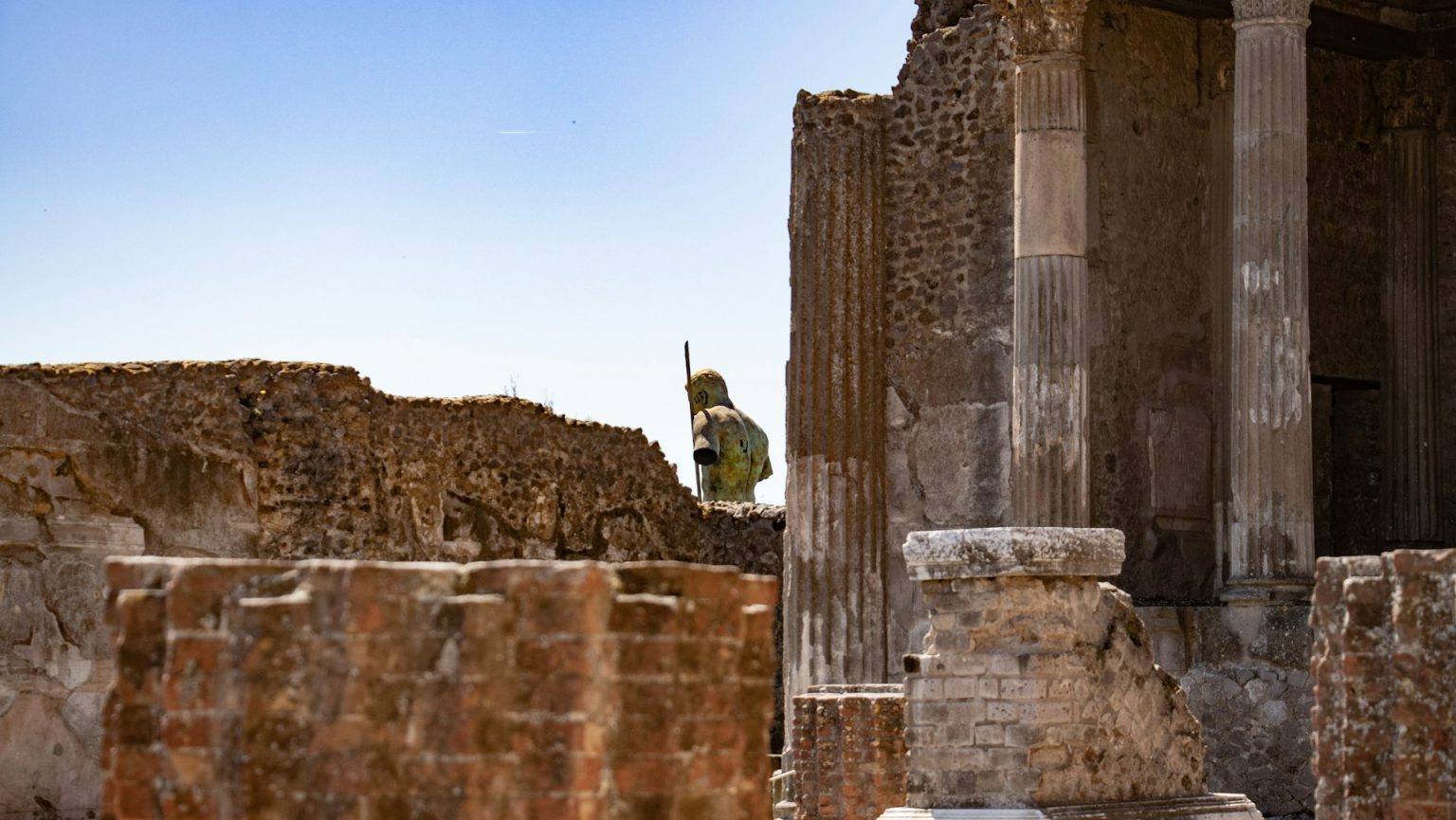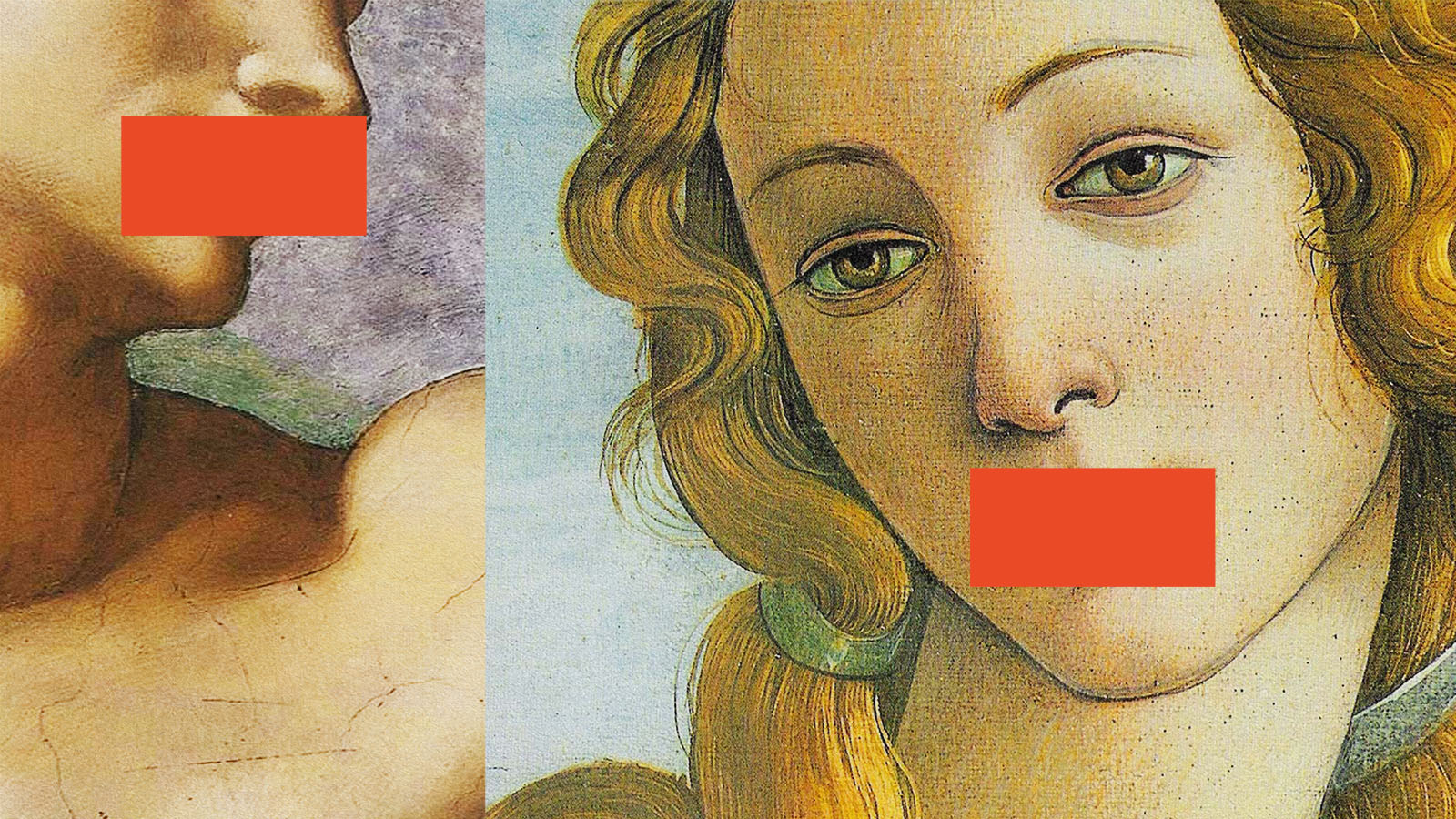How Majora Carter cleaned up the South Bronx.
Topic: Environmental Justice.
Majora Carter: I moved back to my neighborhood in the late ‘90s, after spending many years trying to disassociate myself from it. Because it was, to me, just the epicenter of urban blight. It was dirty. It did smell funny. There were a lot of problems associated with it. And then, also, all my formative years were watching the disinvestments of the community, from the financial sector, as well, business sector, as well. And it was a difficult place to be.
So when I got a chance to go away to school, I left, and I swore never to come back. And it was only because I was so broke that I had to move back home with parents.
But once I got there, what got me there was the fact that there was this burgeoning art community there. So that was great, and it was, like, I was an artist. I wanted to be a part of that.
But what kept me there was, honestly, getting politicized, about recognizing that my poor community was actually being targeted as a place that, for the repository--for all of the bad things that wealthier and, usually, white communities could avoid.
I came back home to find out that our Mayor Giuliani and Pataki, our Governor, were planning on building this huge waste facility on our waterfront. That would’ve brought about 40 percent of the city’s municipal waste to the area, even though we were already handling about 40 percent of the city’s commercial waste. It was an enormous amount of waste that was going to be, again, put upon our backs. So there were public health issues associated with that. And I just thought, “Why is this happening?” I realized it was because it was a poor community and a poor community of color, to boot. And the whole idea of environmental justice simply means that no community should have to bear the brunt of lots of environmental burdens and not enjoy environmental benefits.
Right now, race and class are great indicators as to where you’re going to find good stuff, like park and trees, and really bad stuff, like waste facilities. And it just really struck me. It was, like, I wanted to be a part of the solution and not just pretend that it didn’t exist.
Recorded on: April 28, 2008





